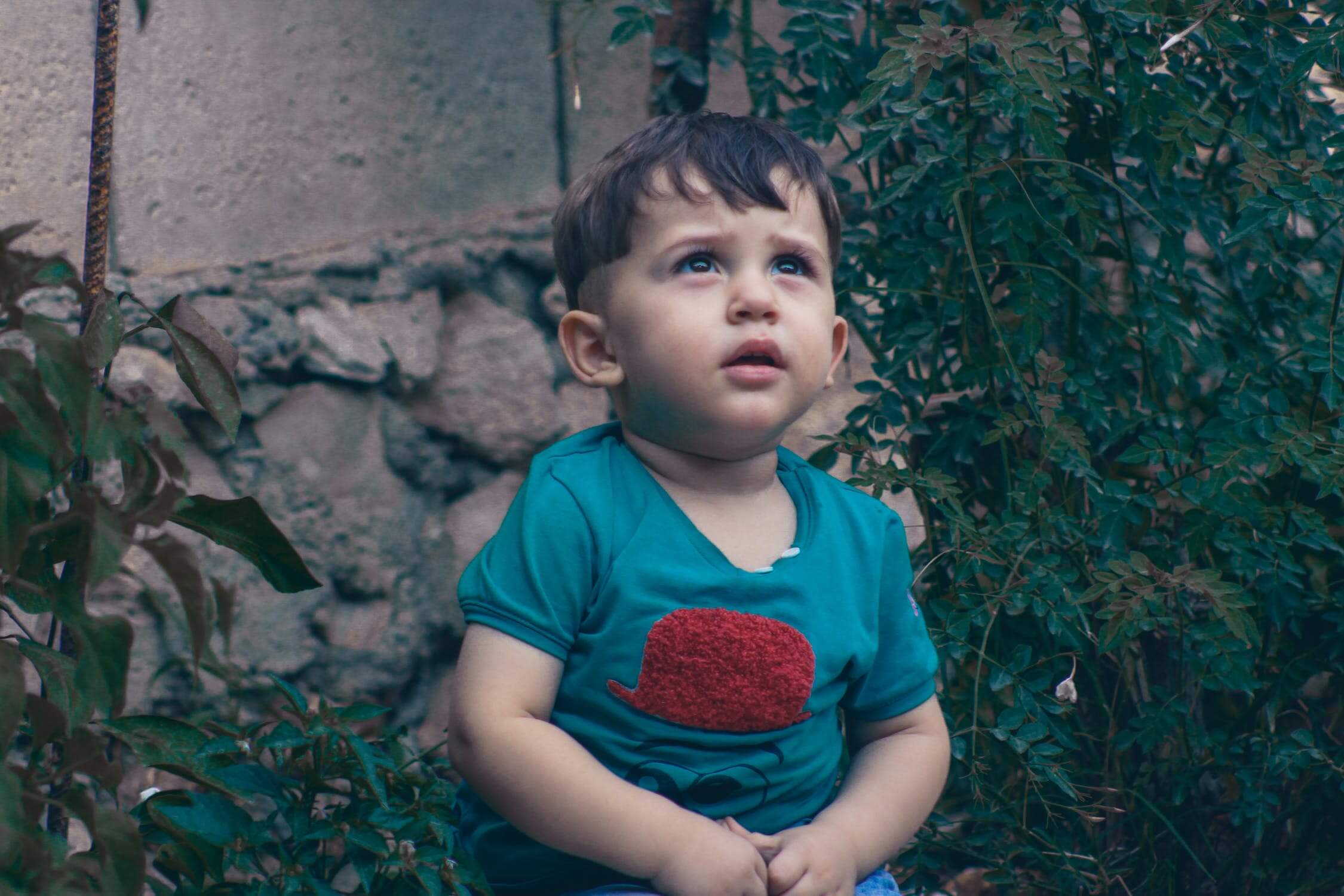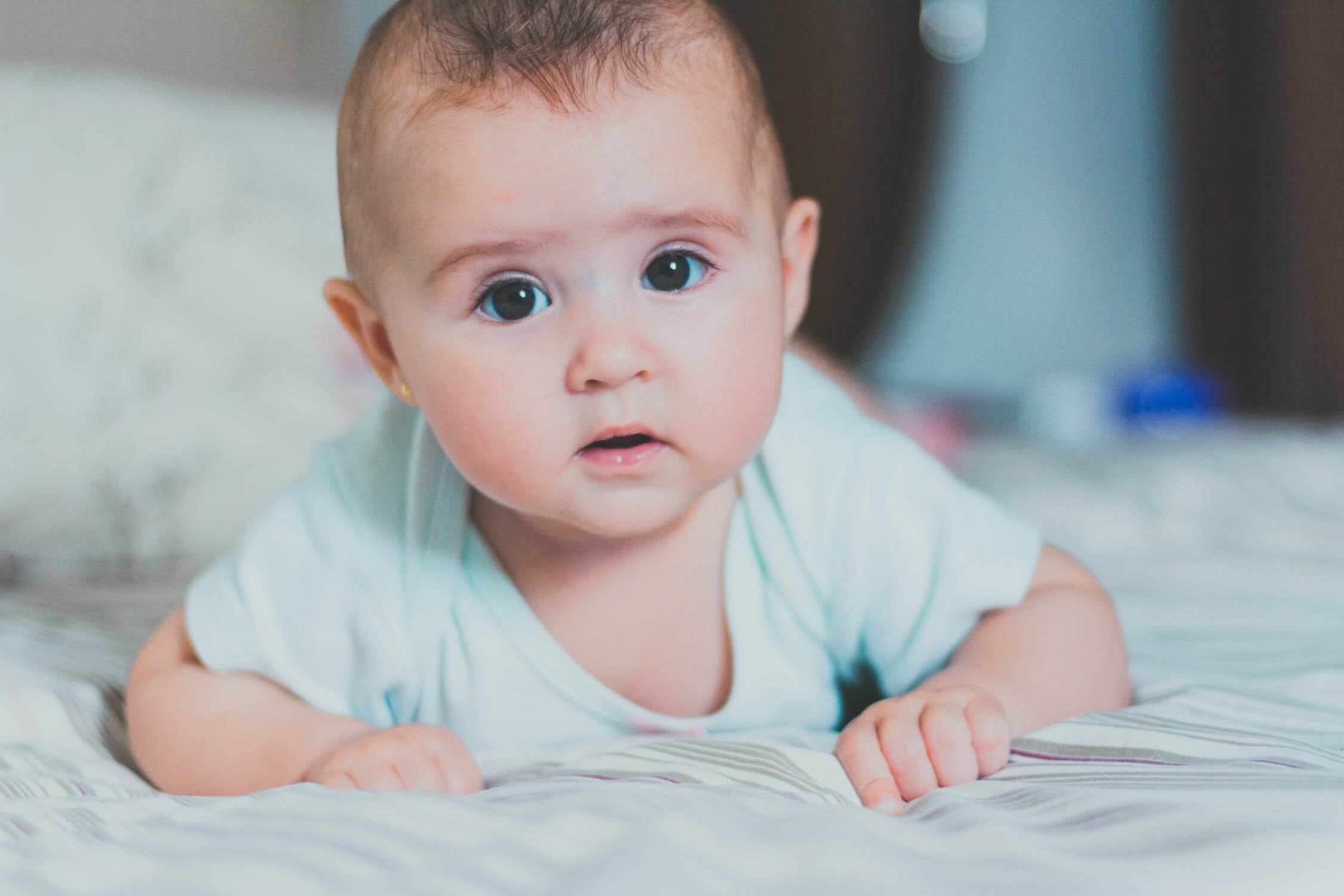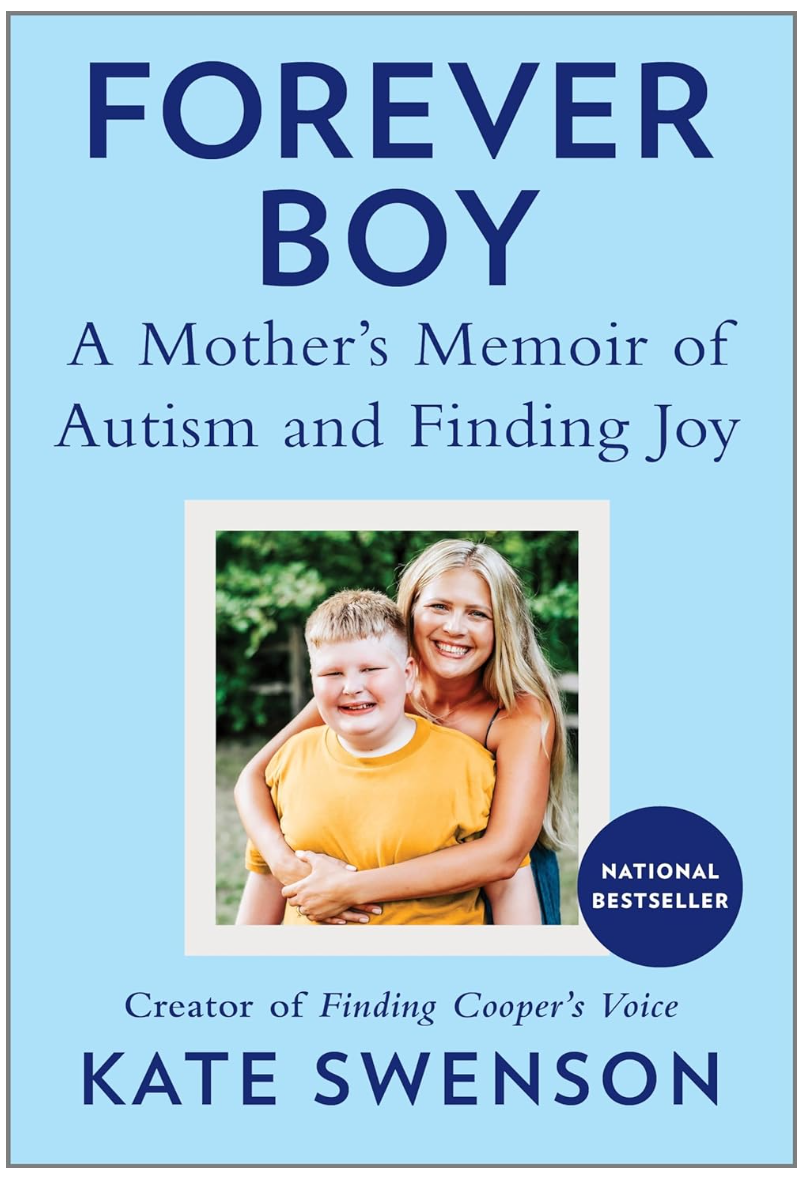Discovering Fragile X Syndrome

I feel like most of us could all tell similar tales of when we found out about our children’s diagnoses.
Some of us were thrown for a loop, others were somewhat grateful to finally have answers, and some of us knew there was something there from day one.
Maybe you were like me and were somewhere in the middle.
There are some things I look back on from the day my oldest was born and remember thinking something seemed different, and then there were the thousands of times I told myself, and my husband, and family, and even Caleb’s therapists who all agreed, that I didn’t think he had autism.
Some could say I was in denial.
Well, he’s 3 years old now, and we were all kind of right. He doesn’t have autism.
Fragile X Syndrome
He has quite a few traits associated with autism, but he and his younger brother, Benjamin, have fragile x syndrome.
I, like many others in the fragile x community, had never heard of fragile x syndrome before genetic testing.

I learned about it when we brought Caleb in for genetic testing when he was just barely 2 because we weren’t getting any answers for his delays.
A developmental pediatrician who gave Caleb a provisional autism diagnosis recommended the testing, and we followed through with it. I was told they would be testing for fragile x syndrome along with a few other possibilities.
I didn’t even bother to learn about fragile x while waiting to hear back on the testing.
I looked up information on it, and when I saw the phrase “formerly referred to as mental retardation” for the descriptor of the changes that occur in the FMR1 gene and causes fragile x, I shut down.
I mean I literally shut down and turned off the computer.
I would not read any further, that was not my son, he is smart, and beautiful, and wonderful; he could not have that.
This was the first major indicator of just how ignorant I was about fragile x syndrome. You see, that label is the name of a gene and that’s all it is.
The scientific name of a gene can’t change I’ve learned, but people can. I watch my boys grow and change everyday.
I just have to watch a little more closely and learn to listen with more than my ears.
Once we found out about Caleb’s diagnosis, we knew we had to get our younger son, Benjamin, tested for fragile x syndrome too.

I now knew I was a fragile x carrier and that meant Ben would have a 50% chance of having fragile x syndrome as well. I was much more in denial about Ben having it.
Ben was so happy to go with anyone who smiled at him and wanted to hold him. Ben was taking naps, I was sure he didn’t have it.
But again, I was ignorant and thought that kids with fragile x syndrome would be so similar.
My boys have a lot of similarities, including both having fxs, but they’re two different kids and just like the saying goes for autism: if you’ve met one person with fragile x syndrome, you’ve met one person with fragile x syndrome.
Discovering Fragile X
Fragile x syndrome is a spectrum, and I’ll admit there was a small part of me that wanted to tell the world Caleb had autism when we first found out. Why? Because it seemed easier than answering the follow up question we get in the fx community all the time which is “What’s that?”
Yes, fragile x syndrome is not super common “the agreed upon prevalence of FXS in males is approximately 1 in 3,600 to 4,000 and in females is approximately 1 in 4,000 to 6,000” but I know this number would be higher if more people in the special needs community went through with genetic testing.
I know there are many reasons people don’t want to or can’t find the means to, but if you can, I ask you to consider genetic testing.
Talk to the doctors and therapists in your children’s lives about their thoughts on it.
Yes, having a genetic diagnosis won’t change your child, and it might come back inconclusive, but genetic testing is what helps more people become aware of syndromes like fragile x, and it allows doctors to conduct research that can help people with disabilities in so many ways.
Discovering fragile x has largely been beneficial for my family when I take a step back to look at our lives now.
We now are starting to understand the science behind our boys’ diagnosis.
As heartbreaking as it was to find out about our younger son, we did not have to go through the sadness, the worry, and the contemplating over why he wasn’t meeting every milestone, and he’s been able to get services sooner.
And finally, finding out about fragile x has brought us to a group of amazing individuals in the online fragile x community.
It is a group filled with parents, siblings, caregivers, doctors, and advocates who have all welcomed us to the family, lifted us up when we needed it, and shown us that the future of having two beautiful boys with fragile x syndrome can be pretty amazing if we just slow down to notice.

Written by, Carol Williams
Interested in writing for Finding Cooper’s Voice? LEARN MORE
Finding Cooper’s Voice is a safe, humorous, caring and honest place where you can celebrate the unique challenges of parenting a special needs child. Because you’re never alone in the struggles you face. And once you find your people, your allies, your village….all the challenges and struggles will seem just a little bit easier. Welcome to our journey. You can also follow us on Facebook, subscribe for exclusive videos, and subscribe to our newsletter.

